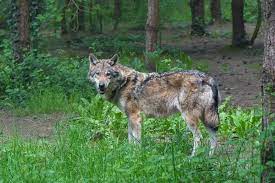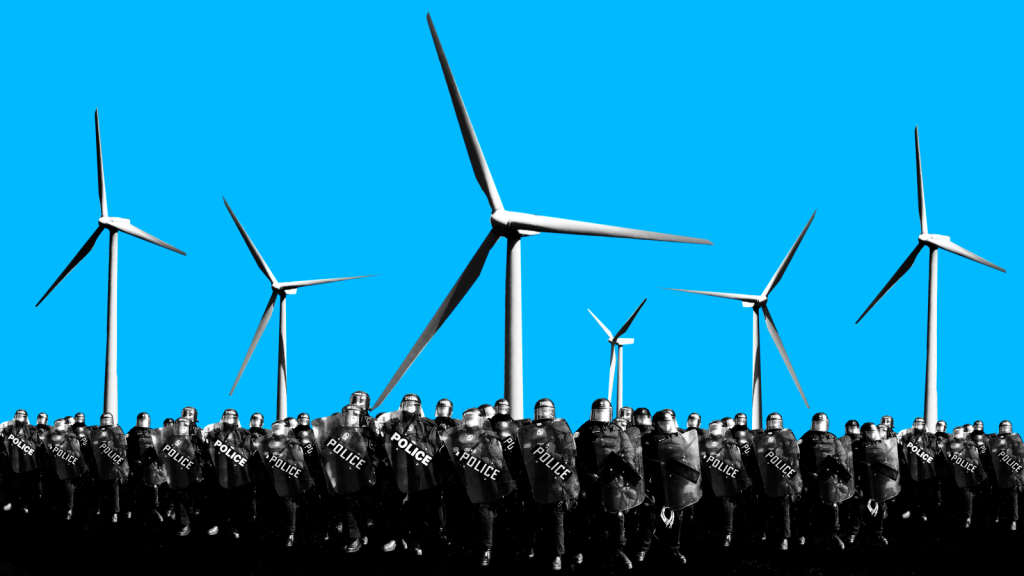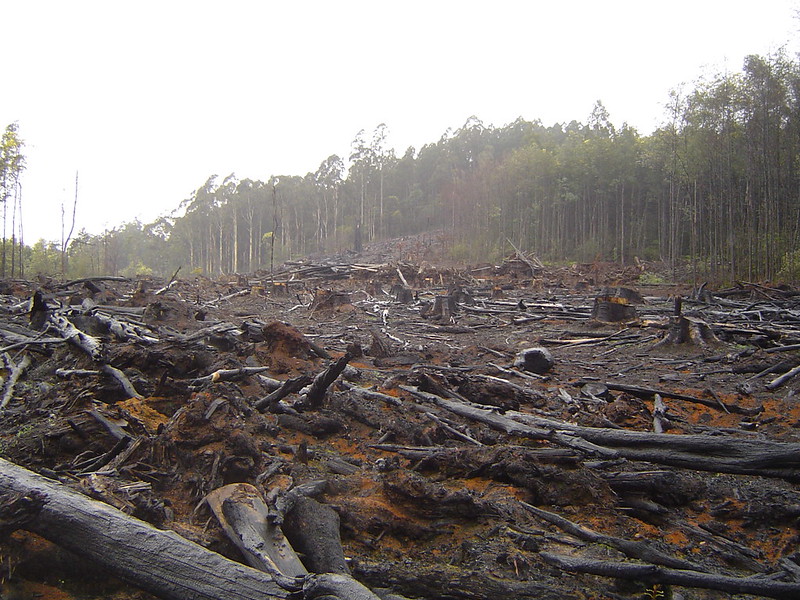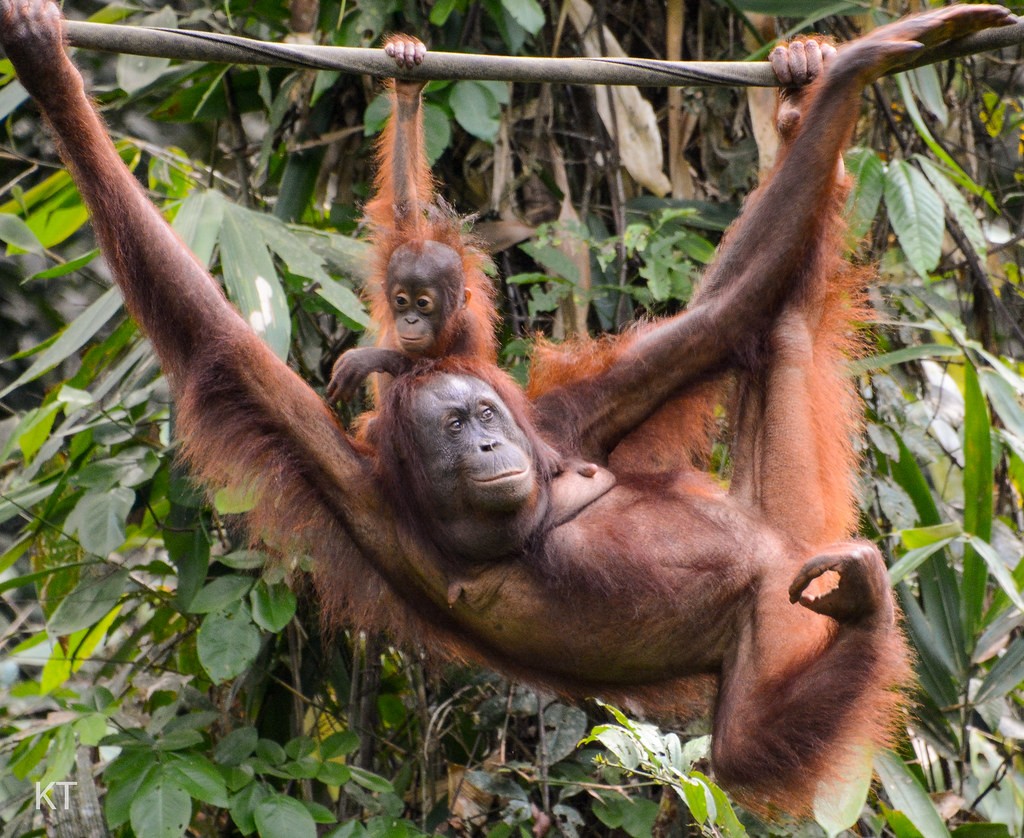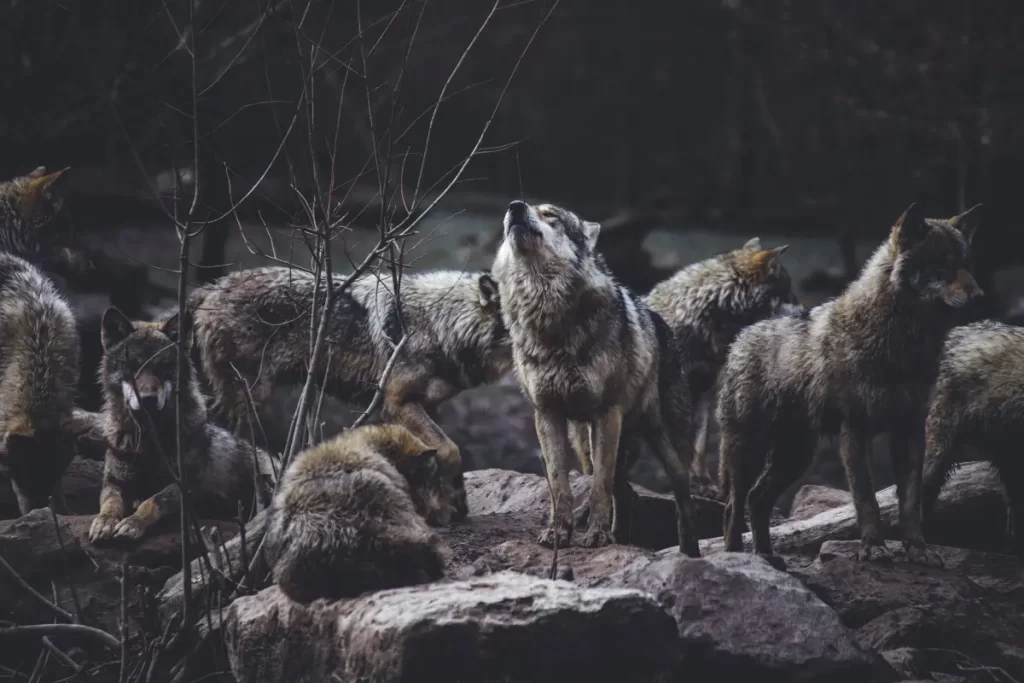At the moment, there is a serious problem facing the world in global warming. The developed countries in the world are making moves to cut their emissions faster than the rest of the world.

While this is only right, given the historical emissions that developed countries have already released, carbon tariffs are still going to be necessary.
You might ask why?
Continue reading “If Europe wants to cut emissions faster, does this require a carbon tariff?”
